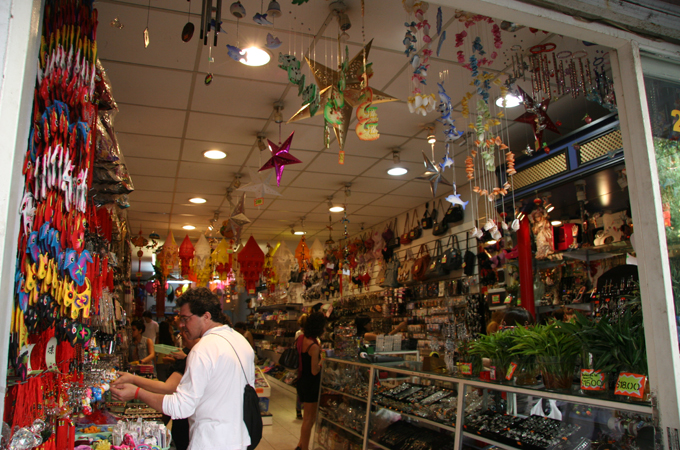 China is buying commodities and fuelling economic growth, but some worry the communist giant is creating dependency.
China is buying commodities and fuelling economic growth, but some worry the communist giant is creating dependency.The small restaurants and shops selling plastic sandals, tacky umbrellas, kitchen wares and paper lanterns in Buenos Aires' Chinatown do not give the impression of impending economic dominance.
Away from this small urban area, however, China has been not-so-quietly buying up agricultural products, companies and minerals around South America.
Some analysts consider this aggressive drive for resources as a new form of imperialism, in which a big power wrangles raw materials from weaker states. Others believe China's push gives South Americans an alternative to the US, which critics say has attempted to control Latin economies through debt and support for dictators. Regardless of how it is seen, China's economic footprint in the region is growing dramatically.
"Across Latin America we are seeing that China is having an increasing importance in trade and investment," Ricardo Delgado, director of Analytica Consulting in Buenos Aires, told Al Jazeera.
"Brazil and Argentina produce and export many raw materials: soy, sugar, meat and corn… China is a very important driver of demand for these commodities."
Since 2005, China's development bank and other institutions have spent an estimated $75bn on financial investments in South America, said Boston University professor Kevin Gallagher. This is, he points out, "more [investment] than the World Bank, US Export Bank and the Inter-American Development Bank combined".
Chinese private investment, often coming from large state-supported firms that set-up operations in the region or buy local companies, has been about $60bn, Gallagher said. Read More
No comments:
Post a Comment